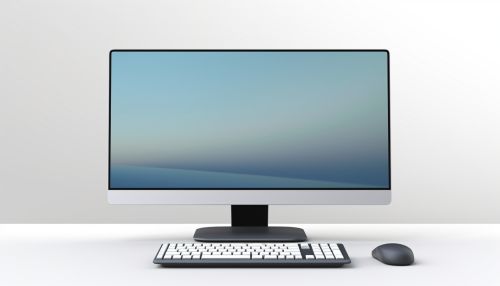Computer
Introduction
A computer is a machine that can be instructed to carry out sequences of arithmetic or logical operations automatically via computer programming. Modern computers have the ability to follow generalized sets of operations, called programs. These programs enable computers to perform an extremely wide range of tasks.


History
The first digital electronic calculating machines were developed during World War II. The speed, power, and versatility of computers have been increasing dramatically ever since then. Conventionally, a modern computer consists of at least one processing element, typically a central processing unit (CPU), and some form of memory.
Hardware
Computer hardware includes the physical, tangible parts or components of a computer, such as the cabinet, central processing unit, monitor, keyboard, computer data storage, graphics card, sound card, speakers and motherboard. By contrast, software is instructions that can be stored and run by hardware.
Software
Computer software includes computer programs, libraries and related non-executable data, such as online documentation or digital media. Computer hardware and software require each other and neither can be realistically used on its own.
Types of Computers
Computers can be classified into several types based on their functionalities and applications. These include personal computers, mainframe computers, supercomputers, and microcomputers.
Uses of Computers
Computers are used as control systems for a wide variety of industrial and consumer devices. This includes simple special purpose devices like microwave ovens and remote controls, factory devices such as industrial robots and computer-aided design, and also general purpose devices like personal computers and mobile devices such as smartphones.
Impact of Computers
The social impact of computers has been a subject of debate. On the one hand, computers have contributed to unemployment as machines have replaced manual jobs. On the other hand, they have created new jobs in areas such as computer programming and video game design.
Future of Computers
The future of computers is a topic of many predictions. These include the development of quantum computing, which would allow for computations to be done at significantly faster rates than current technologies allow.
